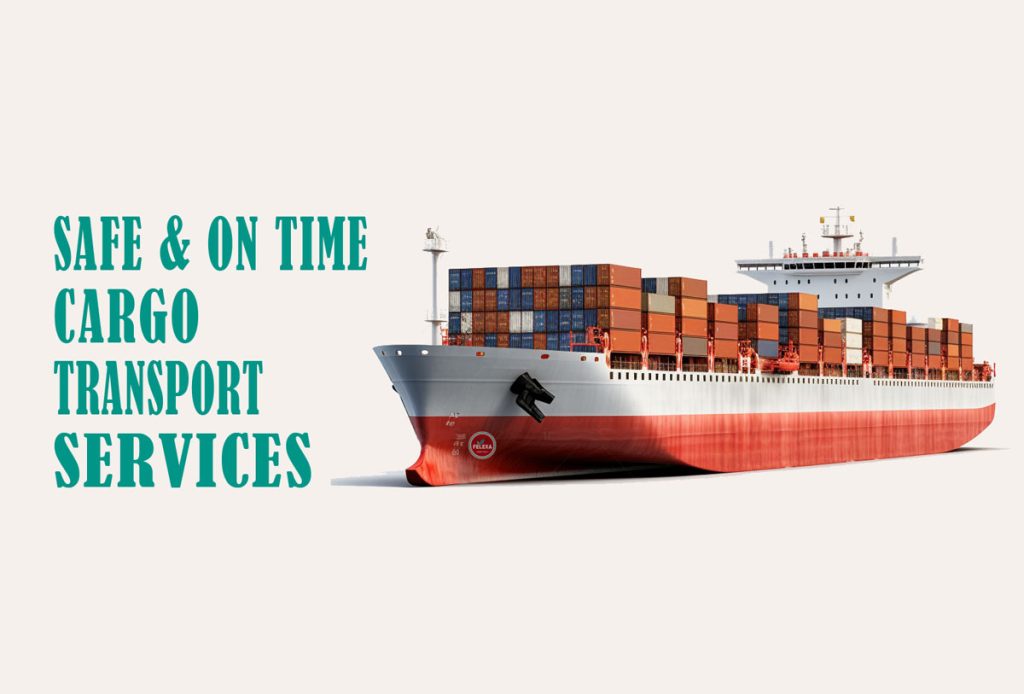Dubai, the bustling metropolis known for its thriving business environment and strategic location, offers ample opportunities for entrepreneurs looking to venture into the import-export industry. Whether you’re a seasoned trader or a newcomer to the business world, establishing an import-export company in Dubai can be a lucrative endeavor. In this article, we’ll delve into the business introduction of Dubai, and provide insights on how to start an import-export company. Let us first mention the 5 big mistakes you may make when starting an import-Export business in Dubai.
Neglecting Market Research
Before diving headfirst into the import-export business in Dubai, it’s crucial to conduct thorough market research. Failing to understand the demand for specific products or overlooking market trends can lead to significant losses. Take the time to analyze consumer preferences, competitor strategies, and regulatory requirements to ensure a successful venture.
Ignoring Legal and Regulatory Compliance
Navigating the regulatory landscape is essential when setting up an import-export company in Dubai. From obtaining the necessary licenses and permits to adhering to customs regulations, overlooking legal requirements can result in fines or even business closure. Seek professional guidance to ensure compliance with local laws and regulations.
Overlooking Cultural Differences
Dubai’s diverse population and cosmopolitan culture make it a melting pot of various nationalities and backgrounds. When conducting business in Dubai, it’s essential to respect and understand cultural nuances. Failing to adapt to local customs or etiquette can hinder business relationships and impede success in the import-export industry.
Underestimating Logistics Challenges
Efficient logistics play a critical role in the import-export business. From sourcing products to managing shipping and distribution, overlooking logistical challenges can lead to delays and increased costs. Partnering with reliable freight forwarders and logistics providers can streamline operations and ensure timely delivery of goods.
Neglecting Marketing and Promotion
In a competitive market like Dubai, effective marketing and promotion are key to standing out from the crowd. Investing in branding, digital marketing, and networking can help attract potential clients and expand your customer base. Don’t underestimate the power of building a strong online presence and leveraging social media platforms to showcase your products and services.
Doing Business in Dubai: A Step-by-Step Guide
For businesses seeking to enter the Dubai market, it’s essential to navigate the regulatory landscape and understand the key steps involved. Here’s a step-by-step guide:
- Market Research: Conduct thorough market research to understand the demand for your products or services, identify your target audience, and assess the competitive landscape.
- Business Setup: Choose the most suitable business structure (e.g., mainland company, free zone entity) and register your company with the relevant authorities, such as the Dubai Department of Economic Development (DED) or the respective free zone authority.
- Obtain Licenses and Permits: Depending on your business activities, you may need to obtain specific licenses and permits from regulatory bodies such as the Dubai Municipality, Dubai Health Authority, or Dubai Chamber of Commerce and Industry.
- Find a Local Partner: In some cases, foreign companies may be required to have a local sponsor or partner to operate in Dubai, particularly for mainland businesses. Ensure that you enter into a clear and legally binding partnership agreement.
- Set Up Banking and Financial Services: Open a corporate bank account with a reputable bank in Dubai to facilitate financial transactions and manage your company’s finances efficiently.
- Marketing and Promotion: Develop a comprehensive marketing strategy to promote your products or services in Dubai, leveraging digital channels, trade shows, networking events, and other marketing platforms.
FAQs about starting import-export business in Dubai
What are the legal requirements for starting an import-export business in Dubai?
– To start an import-export business in Dubai, you need to register your company with the Department of Economic Development (DED) or in one of the many free zones. You’ll also need to obtain relevant licenses and permits, depending on the nature of your business activities.
What are the advantages of setting up an import-export business in Dubai?
– Dubai offers numerous advantages, including strategic location between East and West, state-of-the-art infrastructure, world-class logistics facilities, business-friendly regulations, tax benefits in free zones, and access to a diverse and vibrant market.
How can I find suppliers and buyers for my import-export business in Dubai?
– You can find suppliers and buyers through various channels, including trade directories, online marketplaces, industry exhibitions and trade shows, networking events, and by leveraging the services of trade associations and chambers of commerce.
What are the key considerations when selecting products for import-export in Dubai?
– Consider factors such as market demand, competition, regulatory requirements, import/export restrictions, transportation logistics, and profit margins when selecting products for import-export in Dubai.
How can I ensure compliance with import-export regulations in Dubai?
– Stay informed about import-export regulations and customs procedures by consulting with legal experts, customs brokers, or relevant government authorities. Ensure all necessary documentation, including import/export licenses, certificates of origin, and permits, are in order.
What are the shipping and logistics options available for import-export businesses in Dubai?
– Dubai boasts world-class shipping and logistics infrastructure, including ports, airports, and extensive road networks. You can choose from a variety of shipping options, such as sea freight, air freight, land transportation, and multimodal transport solutions, depending on your business needs.
How can I mitigate risks associated with currency fluctuations and international trade transactions?
– Mitigate currency risks by using hedging instruments, conducting thorough market research, diversifying your product portfolio and customer base, negotiating favorable payment terms, and leveraging the expertise of financial advisors and trade finance professionals.
What are the cultural and business etiquette considerations when conducting import-export business in Dubai?
– Respect cultural norms and business etiquette, such as addressing people with proper titles, maintaining modesty in dress and behavior, observing local customs and traditions, and building trust through relationship-building and face-to-face meetings.
Are there any specific industries or products that are particularly lucrative for import-export business in Dubai?
– Dubai’s diverse economy offers opportunities across various sectors, including electronics, textiles, food and beverages, pharmaceuticals, construction materials, and luxury goods. Conduct market research to identify sectors with high demand and growth potential.
How can I finance my import-export business in Dubai?
– Explore financing options such as bank loans, trade finance facilities, venture capital, angel investors, crowdfunding, and government grants and incentives. Develop a robust business plan and financial projections to attract investors and secure funding for your venture.
How can I promote my import-export business in Dubai?
– You can promote your business through various channels such as networking events, trade shows, digital marketing (e.g., social media, email campaigns), and partnering with local distributors or retailers.
In conclusion, debunking common misconceptions and embracing the opportunities presented by Dubai’s import-export market can pave the way for entrepreneurial success. By leveraging the city’s strategic advantages and tapping into the demand for high-quality Iranian products, entrepreneurs can build thriving businesses that contribute to Dubai’s dynamic economy. For those interested in sourcing Persian dried fruits from Iran, Felexa‘s website offers a valuable resource for exploring premium offerings and establishing fruitful business partnerships.


